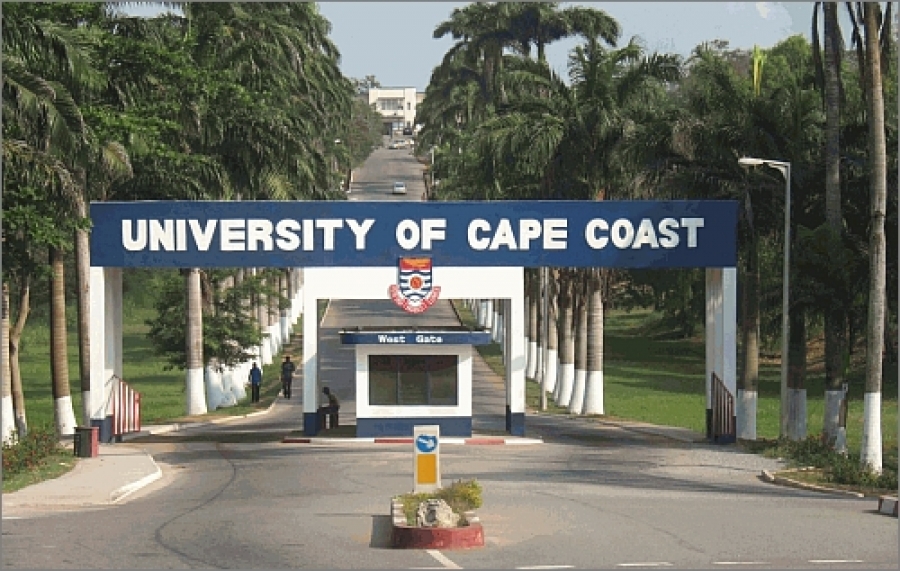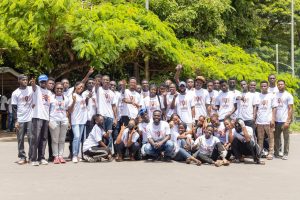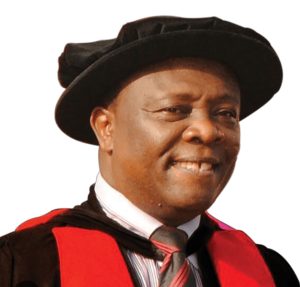The school of Agriculture at the University of Cape Coast has developed a technology that detects fake rice on the market.
The technology will among other things deal with the fraud that is perpetrated in the production and sale of rice and also authenticate the integrity of food across Africa.
The researchers are upbeat the many fraudulent food-related activities that impede productivity and also have a consequential effect on the health of consumers would be put in check through their technology
The university achieved this feat with the support of the Queen’s University in the UK, a pioneer university that researches into food fraud and authenticity.
With the technology, rice particles are placed on a device while the mobile phone that has been installed with an app is used to check the authenticity of the rice. It is able to indicate the source of the rice; the origin, whether it is plastic rice, rice with low quality among others.
Lead researcher of the project, Dr. Ernest Teye, revealed this after a conference on food fraud and authenticity at the University of Cape Coast, users of mobile phones could easily check the authenticity of the rice they are buying or are in their possession.
“With this technology, it is easier to detect where the rice was produced, whether the rice is plastic rice or not. The technology makes it possible for each and every rice particle to be sampled and scanned,” he explained.
The market, he reveals, is flooded with many substandard and low-quality rice the technology, he is convinced will help assuage the fears of consumers.
“For instance, you will find Ghana rice packaged as rice from Vietnam and you could also find Vietnam rice packaged as Ghana rice. These are done to deceive consumers of rice. There is also the emergence of plastic rice that caused a scare in the country few months back. The technology will help deal with them,” he indicated.
Queen’s University’s Prof. Chris Elliot, a stalwart in food fraud and authenticity, believes, the technology is a breakthrough not only for Ghana and Africa but for the world. He is confident the university’s work will help impact society positively.
“The technology works perfectly and that’s good news for rice consumers and consumers of other foodstuff as well. It behooves on state agencies to lend their support to the researchers to make a huge impact with this technology,” he said.
Dean of the school of Agric, Prof. Elvis Asare Bediako is hopeful their collaboration with the Queen’s University will see to the establishment of Centre of Excellence for Food Fraud in Africa.
“The awareness of food fraud is very limited in Ghana and Africa. This has given many people the opportunity to dupe unsuspecting consumers. The centre when established will help provide information and make people aware about food fraud and how to authenticate the food they are buying and the ones in their possession,” he indicated.
Prof. Asare Bediako says the School of Agric at UCC will liaise with the relevant state authorities like the Ghana Standards Authority, the Food and Drugs Authority and other national regulatory bodies that are responsible for assessing the quality and authenticity of food in the country.
Rice producers and other stakeholders in Agric that took part in the conference were expressed their excitement at the breakthrough. They believe it will help sanitize the industry.
Source:Myjoyonline.com





